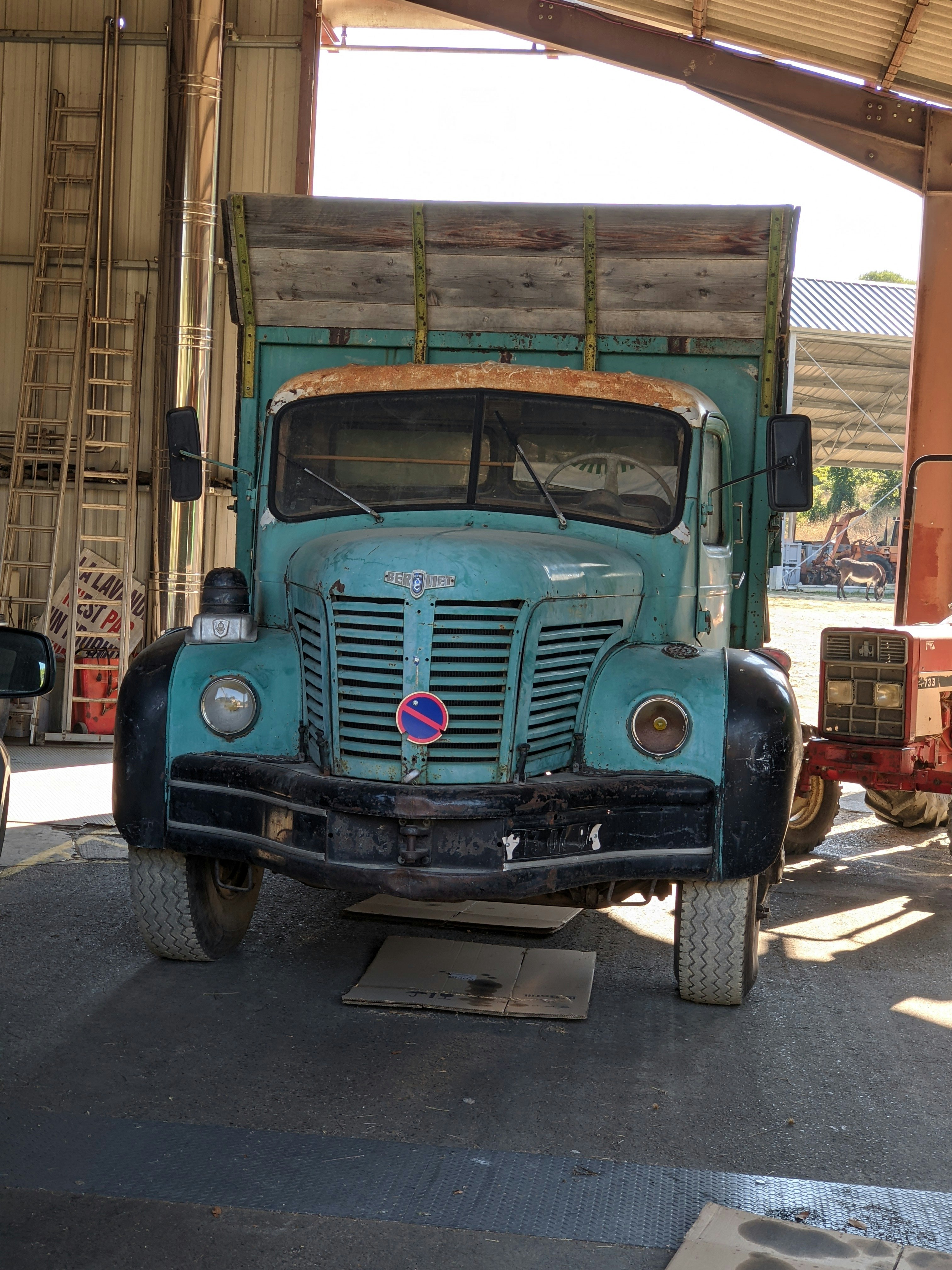There’s the excitement of finally landing a job in your chosen profession. There’s an eagerness to prove oneself and earn the respect of peers and recognition of supervisors. And, unlike many other fields, in the construction industry there’s the challenge of proving you can handle the physical labor while also performing your job with skill and demonstrating knowledge.
So how can new hires make an impression, without trying to make an impression, in their first weeks as the kid on the construction crew? Here are some tips worth sharing with anyone you know is just beginning a job in the industry.
- Show up, on time, every day. Get to the jobsite early. Even if you only hold a hammer or assist in shoveling dirt for those first hours and days on the job, get there with plenty of time to spare.
- Don’t carry your phone with you. Breaks and lunch hour are the time for personal calls. On a jobsite, taking calls can be a dangerous distraction. If there’s a family situation and you need to be reached—such as someone having surgery or giving birth--give the main office number and make your supervisor aware that a call may need to be patched through to you.
- Shine your boots. Don’t show up to work looking like you’ve been through a mudslide. Even if you look like that at the end of each work day, start the day clean and with sturdy and appropriate protective gear from head to boot.
- Stay in shape. Onsite construction work requires that all systems are operating at peak levels. There are many possible ways you can be injured or killed in construction work, so unless you want to fall under the weight of a 60-pound bag of cement mix, invest in a good gym membership.
- Stay humble. You may very well be the graduate at the top of your class, but your knowledge is likely no match for the experience and on-the-job skill of many of your co-workers. If you have a new way to do something, first understand the reasons for the process/procedures already in place and discern if “your way” really is better before you go reinventing the wheel—and aggravating your coworkers.
- Wax-on, Wax-off Daniel-son. If the original Karate Kid movie reference eludes you, all you need to know is that construction work can be repetitive. Same tool, same movements, hours on end, day-in, day-out. Every top athlete had done one thing over and again: practice. And not just game plays but the monotonous little things, like dribbling, passing, endless pull ups and hours refining technique (swimmers probably have the most monotonous and grueling workouts, twice a day, four hours a day in the water up and down, up and down). You’ve got to develop a similar mindset. Everything you do has a goal: project completion, safely and on time. You can’t lose your focus. When you do, you lose.
- Mind your manners. In construction, you’ll work with a diverse group of people on the job site, both professionally and socioeconomically. Maintain a professional attitude and steer clear of politics, gender commentary, or other offensive discourse. Treat others with respect and you’ll earn the same in return.
- Attend training. You might have to stay late or go in on your usual day off, but it’s worth it if you want to move your career along the right trajectory. Attend safety, equipment, and procedural trainings as they are offered. Stay up to speed on OSHA regulations relative to your work environment. If it applies, join a trade association or union and attend conferences and workshops offered.
- Know how to respond in an emergency. Construction sites in certain metropolitan locations could be prime targets for terror attacks. Additionally, jobsites are vulnerable when natural disaster strikes. High winds, heavy rain, sudden changes in temperature… the list goes on. Know your role in an emergency and know where to quickly access fire extinguishers, first aid supplies, and a jobsite phone to call for police/fire and rescue support.
- Know who’s who. While you’re not likely to be sitting down to lunch with the CEO in your first weeks (or even your first year) on a job, you should stay informed about who is in what role within the company that employs you. Follow your employer on social media and in the press. Stay abreast of their major projects. So when that day comes that the lead engineer visits your jobsite and asks you a questions, you’ll be able to speak intelligently about the project.
Further Reading
- Tips for New Construction
- Workers Newbie’s Guide to Succeed in Construction
- Being a Construction Worker: The Good, The Bad, The Ugly
- Impress the Foreman on Your First Day
- I was a Female Construction Worker for a Summer, and it was the Best Job I’ve Ever Had
- Success Tips for those Working in the Construction Field












